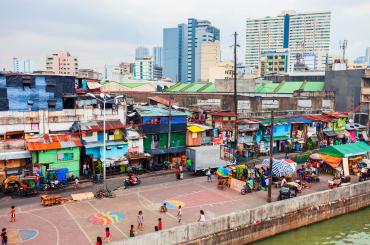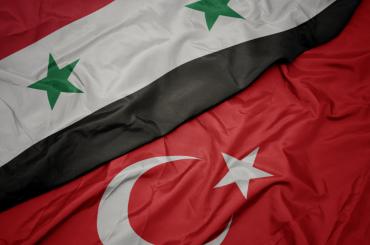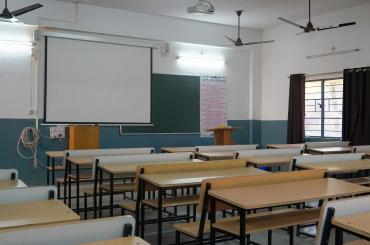

Gaurav Khanna
Assistant Professor of Economics, School of Global Policy and Strategy, UCSD
Gaurav is an Assistant Professor of Economics at UCSD's School of Global Policy and Strategy. He received his PhD in Economics from the University of Michigan with interests in Development Economics, Labor Economics and Applied Econometrics. His research focuses on high-skill immigration, education policy, infrastructure, public-works programs and conflict. He is a Non-resident Fellow at the Center for Global Development. Prior to joining UC San Diego, Khanna was a postdoctoral fellow at the Center for Global Development in Washington, D.C. and a consultant for the World Bank’s Poverty and Inequality Unit.
Recent work by Gaurav Khanna
-

How does international migration affect economic development back home?
Income increases for international migrants from the Philippines fostered economic development and investments in education in migrant-origin communities.
Published 09.09.24
-

Hometown conflict and refugees’ integration efforts
Heightened violence in the hometowns of Syrian-born students led to improved scores in their new Turkish schools
Published 02.05.24
-

What are the long-term returns to large-scale education expansions?
Expanded public schooling in India increased education and earnings for students in targeted regions, but estimates of this effect are dampened when accounting for broader economic changes
Published 05.06.23
-

The productivity consequences of pollution-induced migration in China
Productivity losses from pollution through the indirect migration channel are approximately as much as the direct health costs of pollution
Published 11.02.22
-

Does affirmative action incentivise schooling?
Caste-based reservations in government jobs and colleges in India resulted in potential future beneficiaries staying in school longer
Published 26.02.19
-

The development of modern Africa: Conflict, resources and institutions
Resource-rich countries do poorly when they have resource-rich neighbours, why? Possibly due to increased conflict.
Published 23.04.18